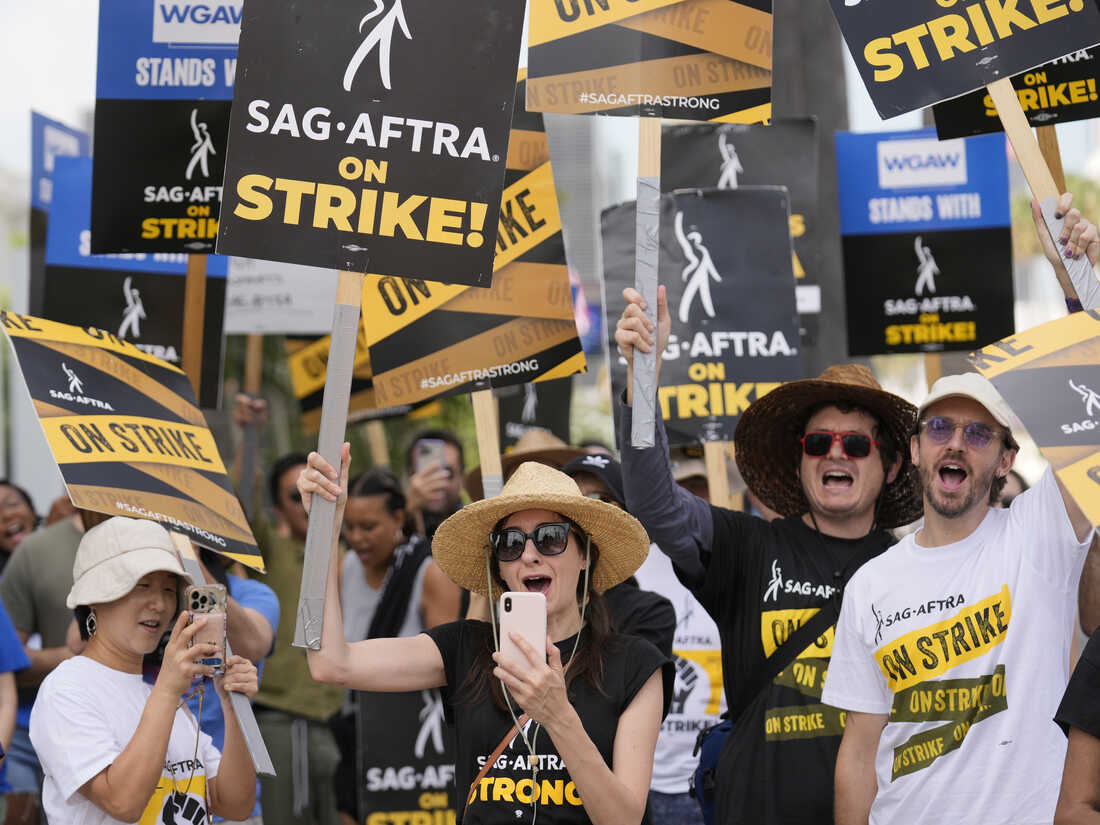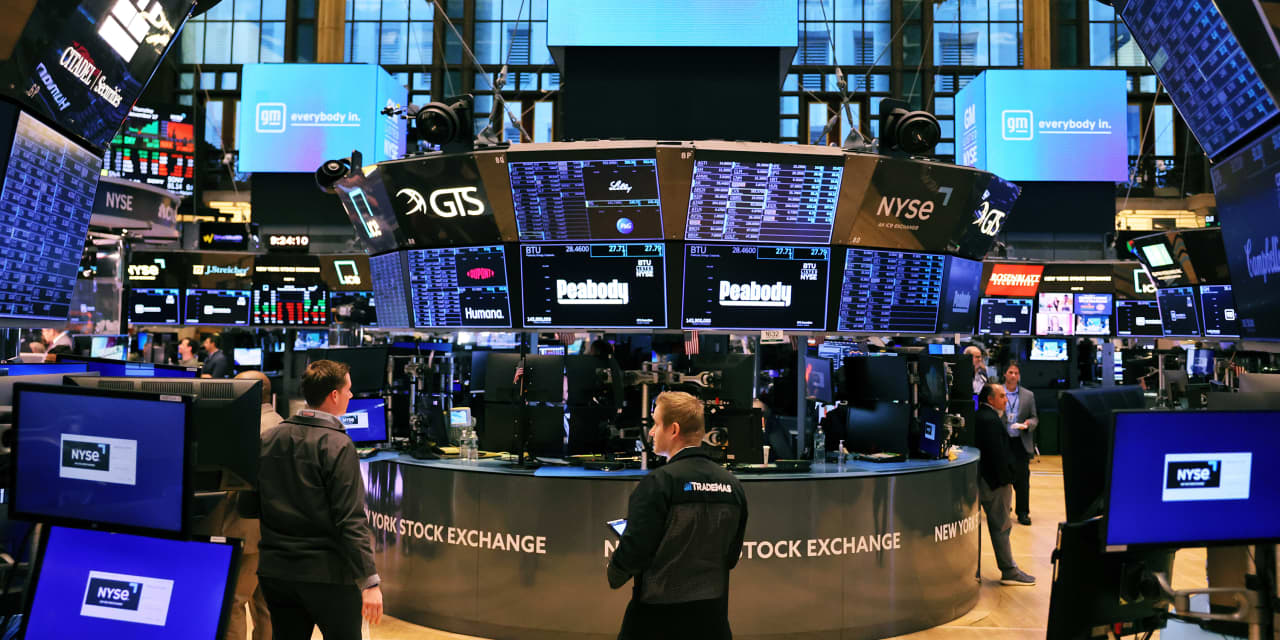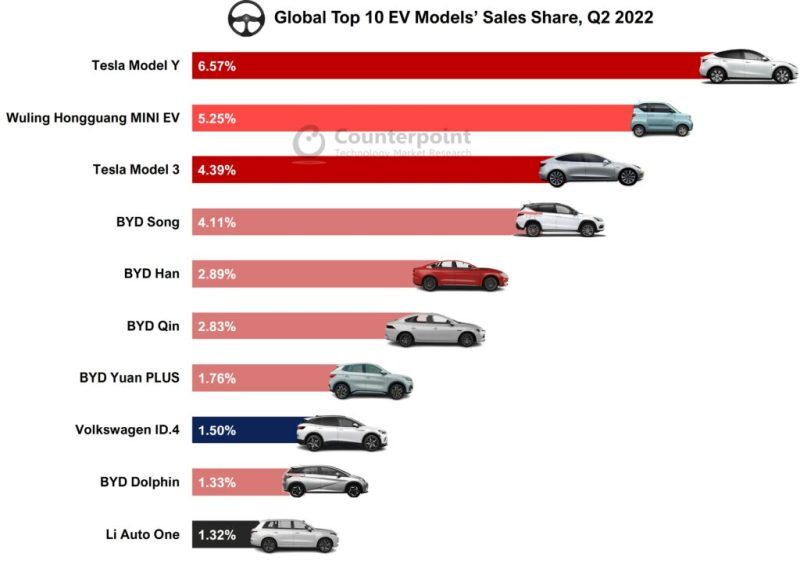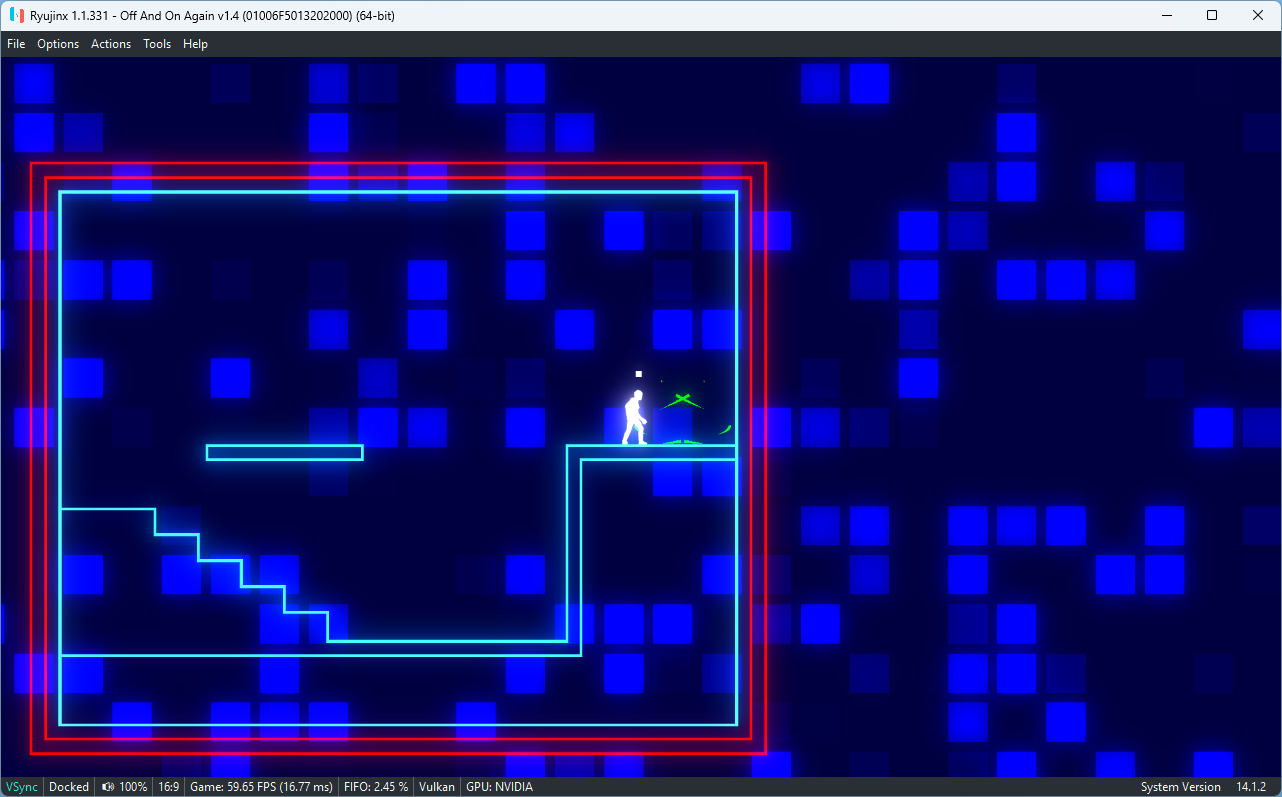Double Trouble In Hollywood: The Writers' And Actors' Joint Strike

Table of Contents
The Writers' Guild of America (WGA) Strike: Core Demands
The WGA strike, which began in May 2023, is fueled by several key concerns regarding fair compensation and creative control in the changing landscape of the entertainment industry.
Fair Wages and Residuals in the Streaming Era
The shift from traditional television models to streaming platforms has dramatically altered the economics of television and film production. While streaming services generate billions in revenue, writers are often receiving significantly less compensation than they did under the old system. The issue of residuals, payments historically made to writers for re-runs and syndication, has become particularly contentious. Streaming platforms generally offer significantly lower residuals, and the lack of transparency surrounding streaming viewership data makes it difficult for writers to assess the true value of their work.
- Lower minimums: Writers are fighting for higher minimum salaries to reflect the increased cost of living and the demands of producing content for today's market.
- Unfair profit-sharing models: Current models often leave writers with an unfairly small share of the massive profits generated by their work.
- Lack of residuals for streaming services: The absence of fair residual payments from streaming platforms represents a massive loss of income for writers.
Protecting Writers' Creative Control
The pressure to produce more content, faster, is impacting the quality of writing and the creative vision of writers. Studios are demanding more episodes and shorter turnaround times, leaving writers with less time for research, development, and proper revisions. This “speed-up” culture compromises the artistic integrity of the work. Adding to the anxieties of the writers is the increasing use of Artificial Intelligence (AI) in scriptwriting. The WGA is concerned that AI could ultimately devalue writers’ work and potentially replace human writers entirely.
- Excessive work hours: Writers are often forced to work excessive hours to meet unrealistic deadlines.
- Short deadlines: The pressure to meet tight deadlines compromises the quality of the writing and creative process.
- AI's impact on creative control and job security: The use of AI in scriptwriting raises significant concerns regarding job security and the devaluation of human creativity.
The SAG-AFTRA Strike: Actors' Fight for Fair Treatment
The SAG-AFTRA strike, which began shortly after the WGA strike, amplifies the concerns of the writers while adding its own unique set of issues affecting actors.
Fair Wages and Residuals: The Actor's Perspective
Similar to writers, actors are struggling with the impact of streaming on their compensation. Residual payments for streaming platforms are significantly lower than those for traditional television, and the lack of transparency around viewership makes it difficult to negotiate fair deals. Furthermore, the rise of self-tape auditions has exploited actors, forcing them to provide unpaid labor for auditions.
- Low minimums: Many actors are working for wages that are insufficient to meet their living expenses in major entertainment hubs.
- Decreased residual payments for streaming: Residual payments for streaming services are often negligible, creating significant financial hardship for actors.
- Unpaid rehearsals: Actors are often required to attend rehearsals without compensation, adding to the financial burden.
- Exploitative use of AI in casting and performance: AI is being increasingly used in ways that undervalue actors' skills and devalue their work.
Protecting Actors' Rights in the Age of AI
The use of AI to mimic actors' performances and create deepfakes presents significant ethical and legal challenges. Actors are concerned about the use of their likenesses without their consent, the potential loss of job security due to AI-generated performances, and the broader implications for their intellectual property rights.
- Lack of consent for AI use: Many actors are concerned about the use of their likenesses and performances in AI-generated content without their knowledge or consent.
- Concerns over job security due to AI: The potential for AI to replace actors in the future is a major source of anxiety within the industry.
- Preservation of actors' likeness and intellectual property rights: Protecting actors’ rights to control the use of their likeness and intellectual property is critical in the age of AI.
The Impact of the Joint Strike: A Ripple Effect Across Hollywood
The simultaneous strikes by the WGA and SAG-AFTRA have created a significant ripple effect across the entertainment industry.
Production Shutdowns and Delays
The joint strike has resulted in widespread production shutdowns and delays for numerous television shows and films. This has a direct impact on the livelihoods of crew members and other workers in the industry, as well as the wider economy. Delayed releases will also affect studios' revenue streams.
- Delayed film releases: Many major film releases have already been delayed due to the strikes.
- Canceled projects: Some projects have been canceled entirely, resulting in significant financial losses.
- Impact on local economies and businesses: The strikes are impacting local businesses that rely on the film and television industries.
Long-Term Implications for the Entertainment Industry
This joint strike could be a turning point, potentially leading to lasting changes in the industry's labor practices. The increased collaboration between the WGA and SAG-AFTRA might lead to more unified and effective advocacy for fair compensation and working conditions.
- Potential for fairer contracts: The strikes could lead to a renegotiation of contracts that are more favorable to writers and actors.
- Improved industry standards: The strikes might result in improved industry standards, better working conditions, and better protection for creative professionals.
- Shift in production models: The strikes may force studios to reassess their production models and prioritize the well-being of creative professionals.
Conclusion
The simultaneous strikes by the WGA and SAG-AFTRA represent a pivotal moment for the entertainment industry. The "double trouble" facing Hollywood highlights the crucial need for fair compensation, protection against AI exploitation, and a reassessment of labor practices in the streaming era. The outcome of this joint strike will significantly shape the future of filmmaking and television production. To stay informed on the latest developments and the ongoing impact of this significant labor action, continue to follow updates on the Writers' and Actors' Joint Strike. Understanding the issues involved will help you become a more informed supporter of fair labor practices in the entertainment industry.

Featured Posts
-
 Stock Market Today Dow Futures Rise Poised For Strong Week Finish
Apr 26, 2025
Stock Market Today Dow Futures Rise Poised For Strong Week Finish
Apr 26, 2025 -
 The China Factor Analyzing The Difficulties Faced By Premium Car Brands
Apr 26, 2025
The China Factor Analyzing The Difficulties Faced By Premium Car Brands
Apr 26, 2025 -
 Chinese Electric Vehicles Disrupting The Global Auto Market
Apr 26, 2025
Chinese Electric Vehicles Disrupting The Global Auto Market
Apr 26, 2025 -
 Nintendos Action Forces Ryujinx Emulator Development To Cease
Apr 26, 2025
Nintendos Action Forces Ryujinx Emulator Development To Cease
Apr 26, 2025 -
 Ftc To Challenge Activision Blizzard Acquisition Approval
Apr 26, 2025
Ftc To Challenge Activision Blizzard Acquisition Approval
Apr 26, 2025
